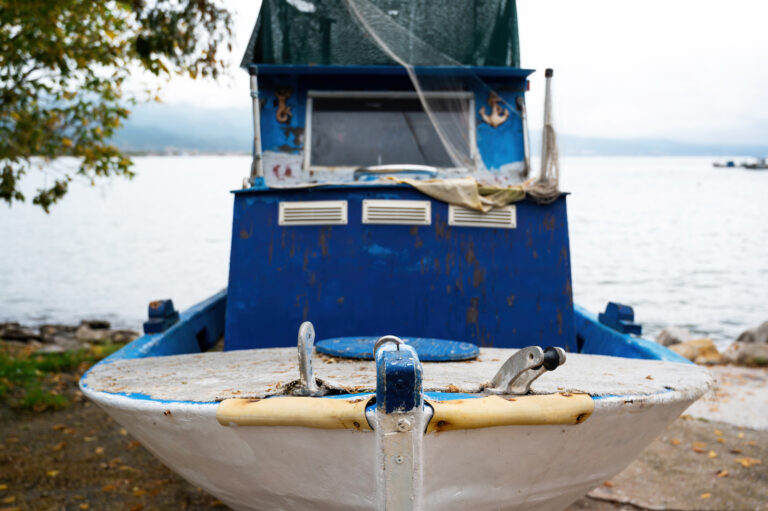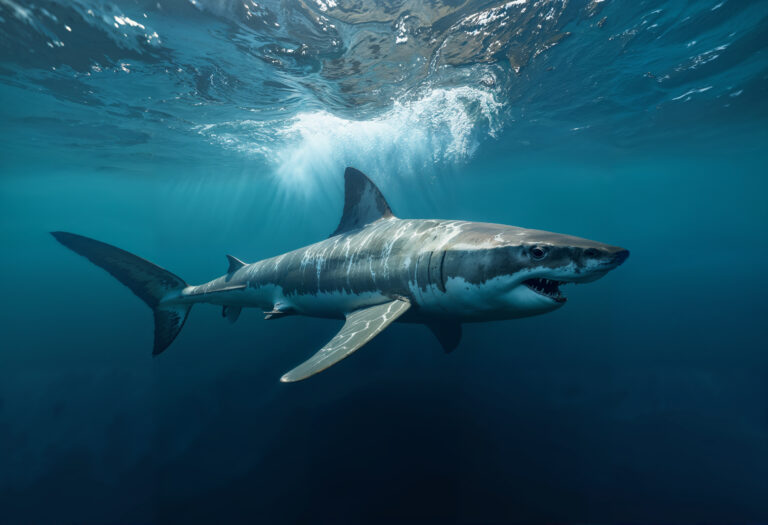By Courtney Cooper
Shark Research and Conservation Trends
In recent decades, global conservation efforts have seen a significant shift toward addressing the pressing threats to biodiversity, including the alarming decline in shark populations. With an increasing understanding of the critical role sharks play in marine ecosystems, conservation strategies have evolved to focus on safeguarding these apex predators. This shift has been marked by the rise of innovative research methodologies, international policy changes, and greater collaboration between organisations dedicated to preserving ocean health. Explore the latest trends in shark research and conservation, highlighting key insights, innovative methods, and global efforts.
We also discuss further shark facts that you might be interested in! Apex Shark Expeditions provides the best shark cage diving Cape Town experience.
Advancing Shark Science: Trends in Research and Conservation

Global Conservation Trends
A growing global awareness of biodiversity loss, particularly in the oceans, has led to the expansion of marine protected areas (MPAs) and stricter regulations on overfishing. According to a report from the United Nations, over 7.5% of the world’s oceans are now designated as MPAs, a significant increase from the previous decades. These areas are vital for shark conservation, as they provide safe havens for various shark species to thrive without the threat of fishing, habitat destruction, or human interference.
The Role of Technology in Shark Research
One of the most impactful trends in conservation today is the integration of technology into scientific research. In shark conservation, cutting-edge technologies such as satellite tagging, drone surveillance, and underwater sensors are revolutionising our understanding of these creatures.
Drone technology has also proven invaluable in monitoring shark populations and behaviour. In places like South Africa and Australia, drones are used to monitor shark movements near beaches, enhancing public safety and providing critical data for shark population studies. This non-invasive research method reduces the risk of disturbing the sharks while gathering crucial information on their habits.
Genetic research is playing a pivotal role in shark conservation. Scientists are studying shark DNA to understand their genetic diversity, reproductive patterns, and resilience to environmental changes.
This research is helping conservationists identify which populations are at risk and what interventions are needed to protect them. For instance, the study of genetic markers in great white sharks has revealed important information about their migratory routes, informing conservation strategies in their breeding and feeding areas.

Impact on Shark Research
Traditionally, shark research was limited to a few regions and primarily concerned with understanding shark biology and behaviour. However, as the conservation movement gained momentum, researchers have been able to expand their studies, focusing on the ecological role of sharks in marine ecosystems. Researchers are now working on understanding how sharks contribute to the health of coral reefs, fisheries, and even the carbon cycle in the ocean.
In particular, the rise of citizen science has facilitated global data collection, with divers, fishermen, and local communities contributing to the monitoring and research of shark populations. Citizen science programs, such as the Great Shark Hunt in the Pacific, have created collaborative opportunities between local communities and researchers. These programs engage the public in conservation efforts and provide invaluable data from remote locations that would otherwise be difficult for scientists to access.
Another key development in shark research has been the international collaboration between governments, conservation groups, and researchers. In 2020, the Shark Conservation Fund (SCF) teamed up with several marine research organisations to establish a global shark research network.
This initiative aims to create a comprehensive database of shark populations, track their migrations, and assess the impact of human activities on their numbers. The success of this initiative has led to a better understanding of the threats sharks face and the need for coordinated global action.
Apex Shark Expeditions provides the best shark cage diving in Gansbaai, as well as, shark cage diving in Simons Town. We also share insight into shark conservation in Africa and how shark tours are part of the solution.




